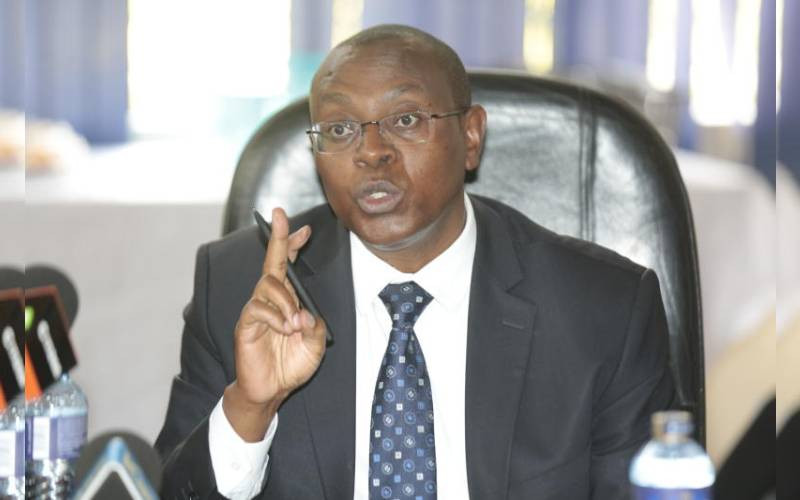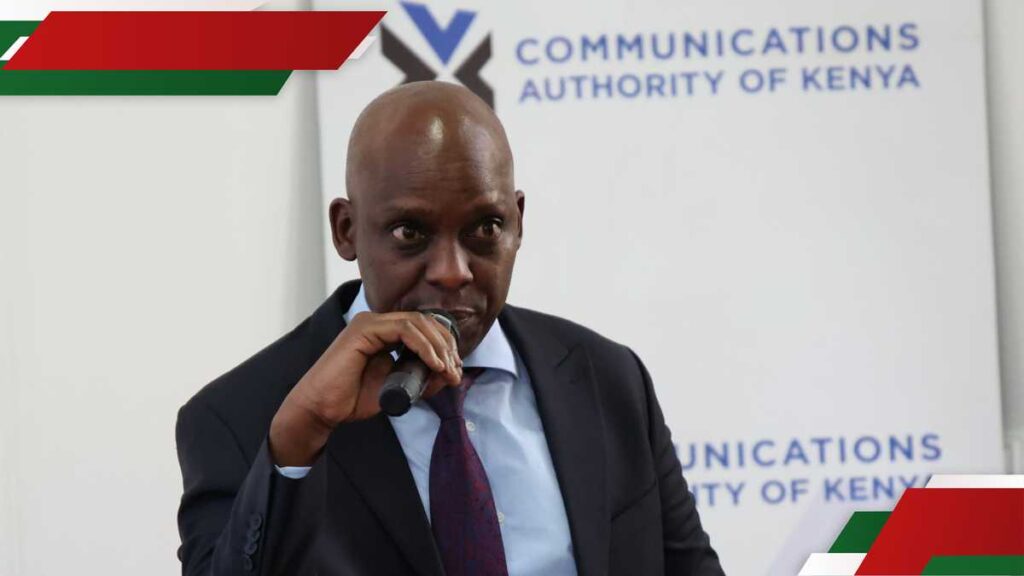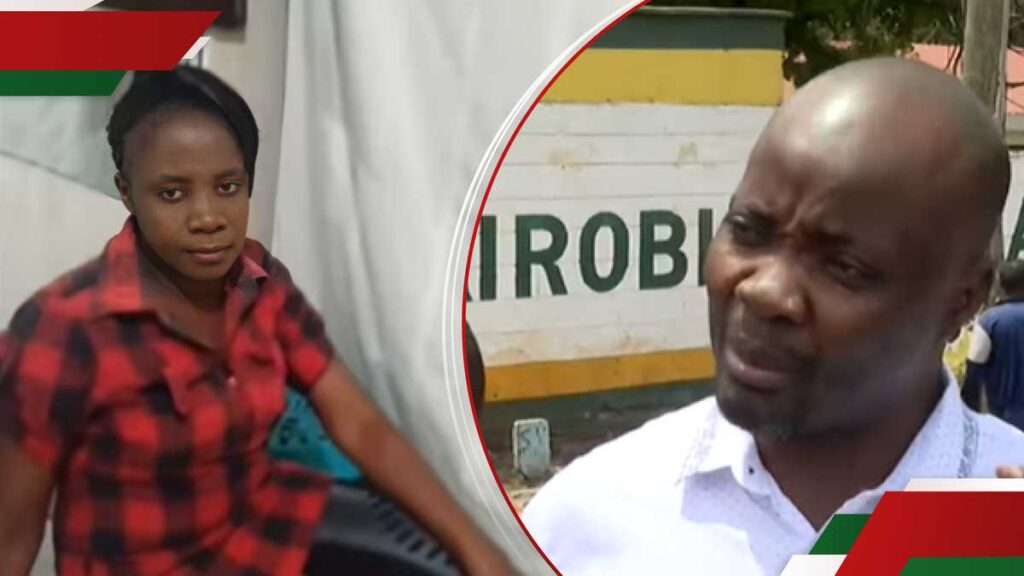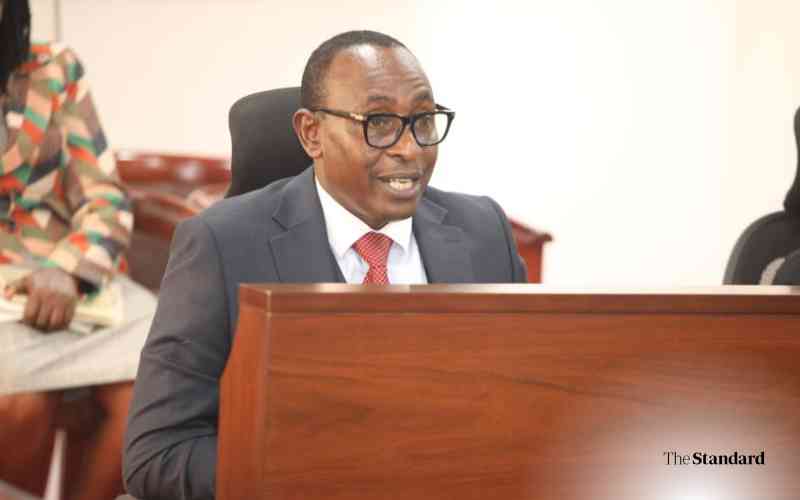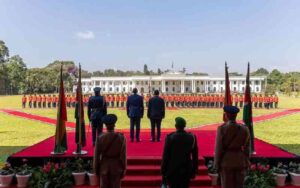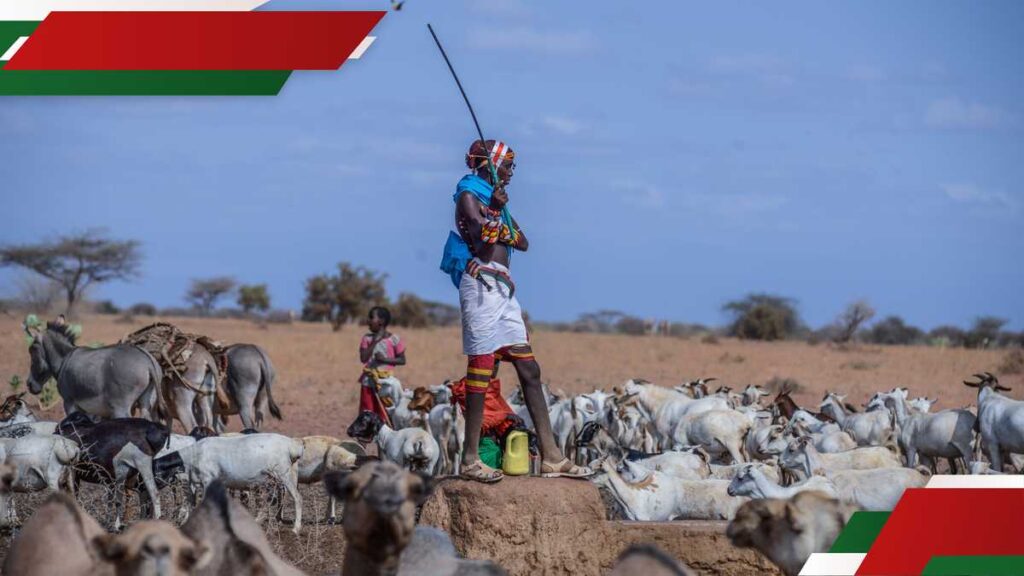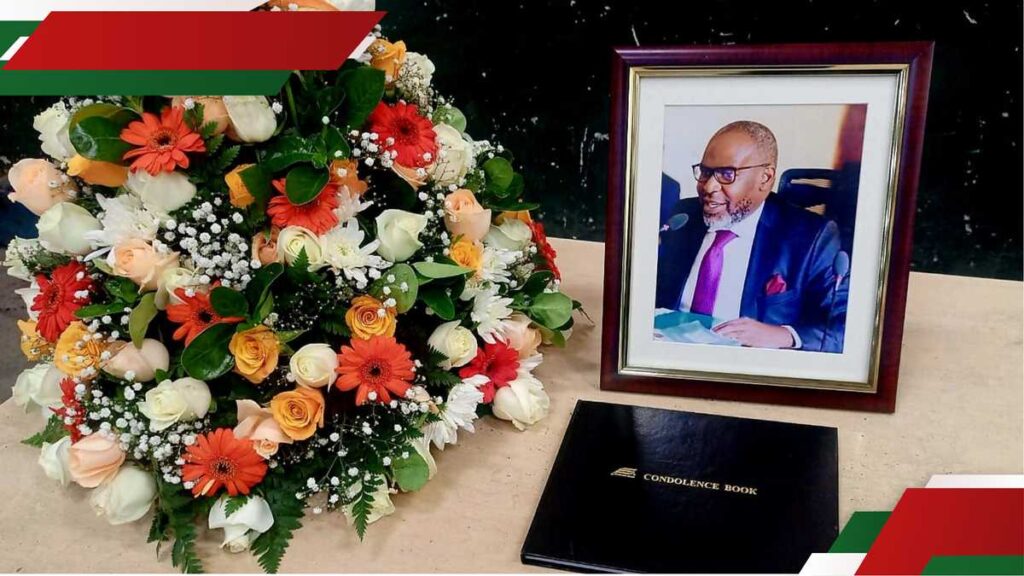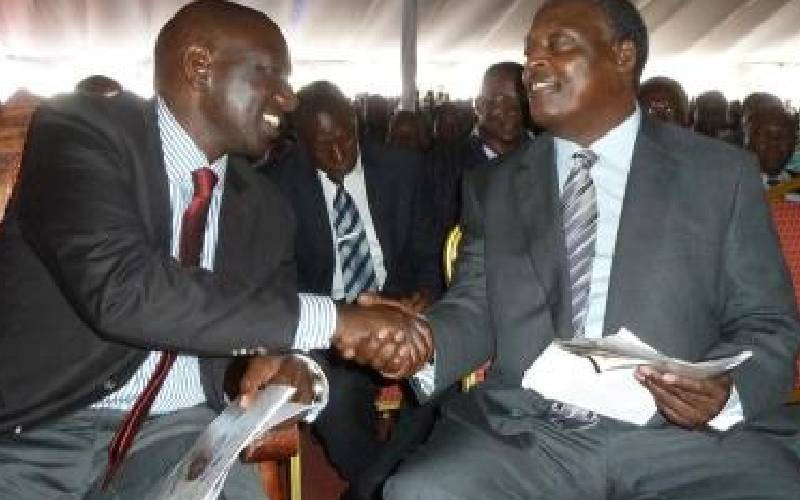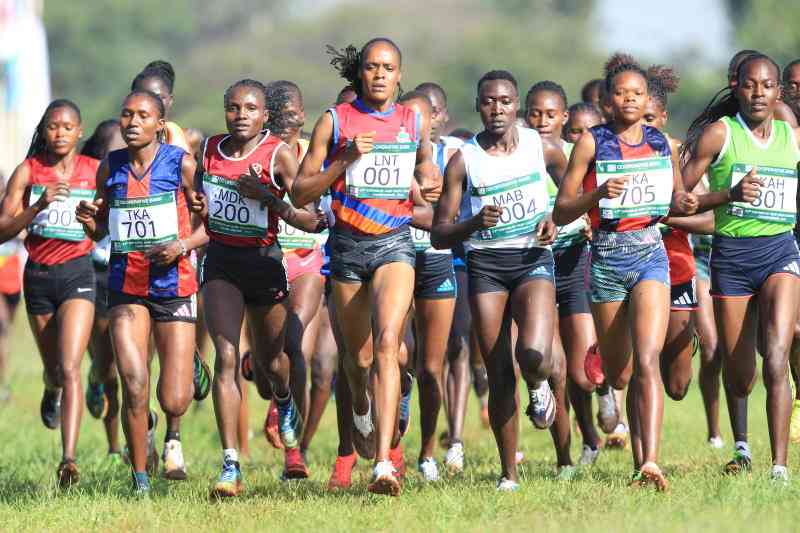With the registration of those wishing to re-sit the 2024 Kenya Certificate for Secondary Education (KCSE) exams starting today, concerns are being raised over the level of preparedness.
Some stakeholders fault Kenya National Examinations Council (KNEC) of introducing mid-way, a policy that they were not involved from the onset.
Paul Wanjohi, an educationist, questioned why key players were excluded from the decision-making process.
“I wonder why KNEC did not consult with the major stakeholders like the Teachers Service Commission, unions, universities, colleges, and parents. Public participation should have been the first step,” Dr Wanjohi said, calling for a review or postponement of the rollout.
“The future of our children is rendered defective with this outdated decisions out to please a few individuals,” he said.
Speaking during the release of the 2024 KCSE results, KNEC Chief Executive Officer David Njeng’ere urged those wishing to repeat the exams to seize the opportunity before KCSE is finally erased 2027.
“Any person wishing to repeat, fully or partially, should take advantage of the remaining chances to do so,” Dr Njeng’ere stated with Education Cabinet Secretary Julius Ogamba announcing the mid-year KCSE series.
“Starting this year, I wish to announce that KNEC will introduce a mid-year series of the KCSE examination. This will provide a second opportunity for candidates wishing to repeat the exam or those unable to sit their papers due to sickness or unexpected hardships,” he said.
The July series targets repeaters –candidates who have sat the KCSE examination in previous years, wishing to improve on their grade. This includes full repeaters registering for seven or more subjects or partial repeaters registering for less than seven subjects.
Other candidates are the 2,660 who had registered for KCSE examination but were unable to sit due to unforeseen circumstances as well as adult learners who are not in regular schools but have proof of the requisite primary education qualifications.
Critics are also concerned about the short preparation window for candidates.
Prof Egara Kabagi said the six-month window is not adequate for students and might hinder repeaters’ success.
“This policy was not well thought-out. Are six months, January to June, enough for a student to prepare adequately for an examination? ” posed Prof Kabaji.
Stay informed. Subscribe to our newsletter
He questioned about feasibility, fairness, and inclusivity in the whole process.
“We might kill the dreams of our children in the name of July exams. Learners need ample time in a conducive school environment to relearn and revise with renewed determination,” he stated.
Majani Baridi, a retired quality assurance officer said students should be allowed to learn in the school environment where they can interact with peers.
“Failing to give them time to relearn and revise appropriately is a disservice to them. I hope you are aware that some candidates who sat last year could still be under 18,” said Baridi.
The cost implications of the programme has also sparked backlash. According to KNEC, the mandatory registration fee is Sh7,200.
James Otieno from Kisumu is not amused by the levy, which he says is exorbitant.
“Some students come from humble backgrounds and can barely afford the registration fees of Sh7,200, let alone accommodation for the three weeks required to sit the exams,” he lamented.
He wondered why a government out to help decrease literacy can charge students expensively for re-sit exams.
“Girls will be worst affected. The well-being of the young people and costs associated with the exercise should have been considered,” Otieno explained.
Logistical hurdles loom large as well. Candidates must register at regional offices, raising concerns about travel expenses and accessibility.
“These learners will spend valuable time traveling instead of preparing for the exams. Registration closes in just three weeks, adding unnecessary stress to already struggling candidates,” noted a parent.
National Parents Association chairman Silas Obuhatsa urged the government to allow students to sit for the exams with other learners.
“Giving chance to candidates who feel they should go back once and try improving their grades within the school environment they have been used is not a crime,” said Obuhatsa.
However, educationist Muthoni Ouko warned that schools might be reluctant to admit repeaters due to concerns about discipline and mean grade performance.
“Thorough preparation is key for any candidate. Schools may shy away from taking in repeaters who aren’t doing exams in their institutions,” she said.
The sentiment were echoed by Kenya Secondary Schools Heads Association chairman Willie Kuria.
“Schools identify their candidates in form three, closing a window as the year ends. It is not easy for another student to catch up with the rest,” he said.
Legal experts foresee court challenges against the policy. Philip Simiyu, a constitutional lawyer, termed the policy discriminatory and rushed.
“KNEC will not escape the judicial axe on this matter. Soon, someone will challenge this unpopular decision in court,” Simiyu warned.








